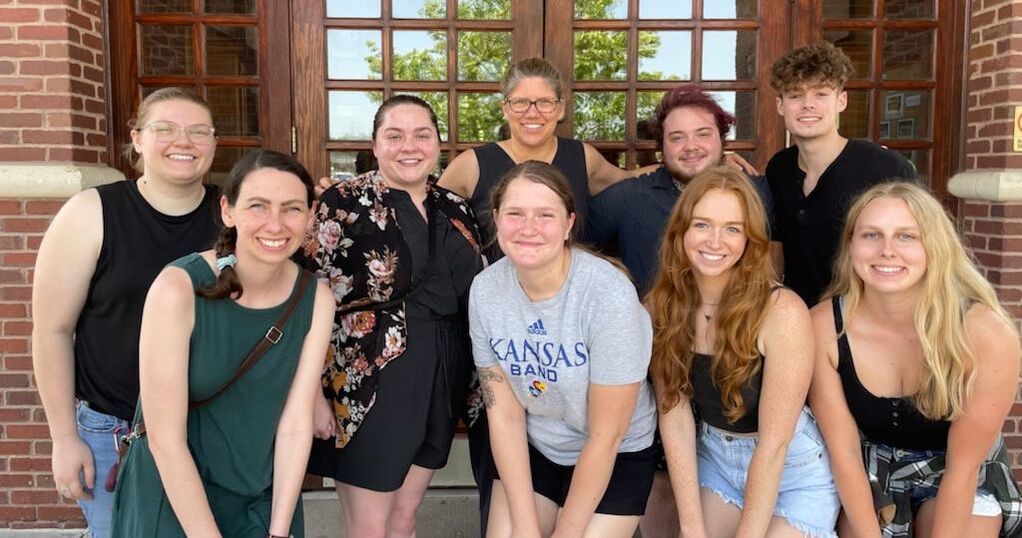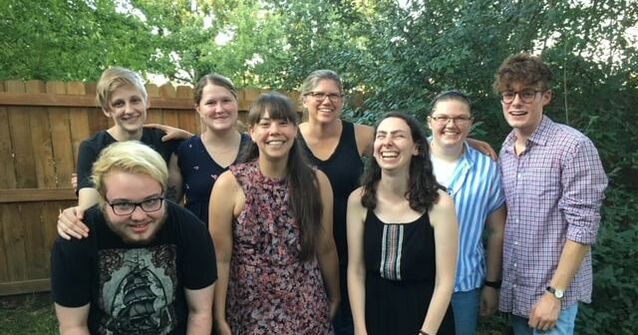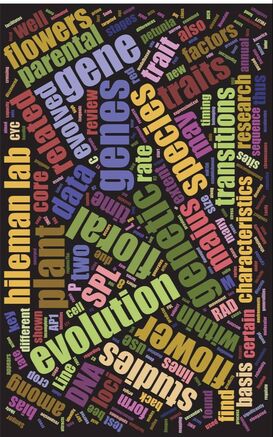Open Postdoc Position (posted 7/24/24). We are recruiting a postdoc to contribute to research aimed at linking genomic variation to complex floral trait adaptation across a species boundary in the wildflower genus, Penstemon.
Contact Lena Hileman ([email protected]) and John Kelly ([email protected]) directly to share your interest in the position.
The postdoc will be
Project overview: We the will use recently developed genetic and genomic resources to dissect the genome to phenome relationship between bee- and hummingbird-adapted floral syndrome traits that define species in a Penstemon complex. A set of approximately twenty genomic regions, previously shown to be strongly diagnostic of floral syndrome and species identity (Wessinger et al. 2023; Brandvain & Sianta 2023), will be confirmed using genome-wide association mapping. Based on preliminary data, these regions are expected to be physically unlinked, scattered genome-wide, and sufficiently narrow to include only 1-2 genes each. These narrow, divergent genomic regions result from natural selection favoring alternative floral trait combinations promoting bee- versus hummingbird-pollination in the face of gene flow and ample recombination. Using population genomic, transcriptomic and gene functional prediction methods, these loci will be genetically dissected to discover the history of complex trait assembly, the contribution of mutational types to adaptive evolution, and the broader set of adaptive traits that form canonical pollination syndrome phenotypes. The unique genomic architecture in this system provides a novel opportunity for us (including the appointed postdoc!) to dissect the contributions of regulatory versus protein coding mutations to adaptive evolution, determine how selection acts to maintain multi-locus species differences in the face of gene flow, and to test fundamental questions of complex trait evolution.
Contact Lena Hileman ([email protected]) and John Kelly ([email protected]) directly to share your interest in the position.
The postdoc will be
- co-mentored by Hileman and Kelly in research and professional development,
- an active member of the vibrant genomics postdoc community at KU supported intellectually by the KU Center for Genomics,
- supported in development of excellent quantitative and evolutionary genetics and genomics skills in an awesome emerging model plant system,
- able to contribute to the focal project and be provided opportunities to develop independent lines of related research,
- encouraged to mentor more junior researchers including those who participate regularly in Hileman/Kelly lab research through the Office for Diversity in Science Training.
Project overview: We the will use recently developed genetic and genomic resources to dissect the genome to phenome relationship between bee- and hummingbird-adapted floral syndrome traits that define species in a Penstemon complex. A set of approximately twenty genomic regions, previously shown to be strongly diagnostic of floral syndrome and species identity (Wessinger et al. 2023; Brandvain & Sianta 2023), will be confirmed using genome-wide association mapping. Based on preliminary data, these regions are expected to be physically unlinked, scattered genome-wide, and sufficiently narrow to include only 1-2 genes each. These narrow, divergent genomic regions result from natural selection favoring alternative floral trait combinations promoting bee- versus hummingbird-pollination in the face of gene flow and ample recombination. Using population genomic, transcriptomic and gene functional prediction methods, these loci will be genetically dissected to discover the history of complex trait assembly, the contribution of mutational types to adaptive evolution, and the broader set of adaptive traits that form canonical pollination syndrome phenotypes. The unique genomic architecture in this system provides a novel opportunity for us (including the appointed postdoc!) to dissect the contributions of regulatory versus protein coding mutations to adaptive evolution, determine how selection acts to maintain multi-locus species differences in the face of gene flow, and to test fundamental questions of complex trait evolution.
|




